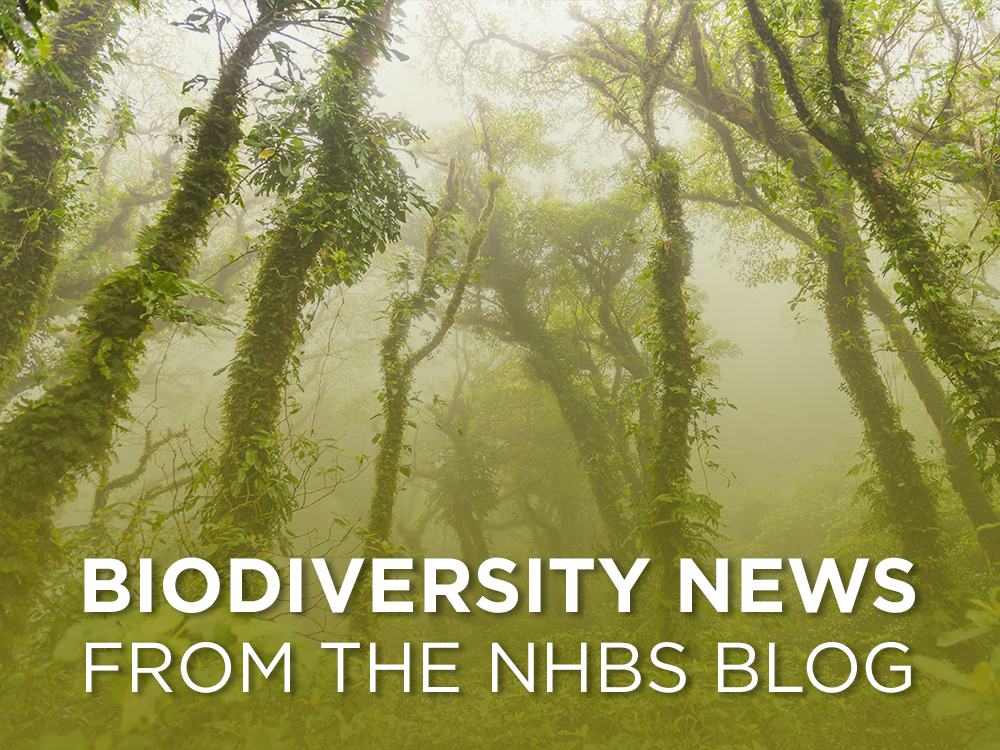Conservation
Beavers will return to the Cairngorms after 400 years in a bid to boost biodiversity. The new population will be established by the Cairngorms National Park authority after being approved by NatureScot, Scotland’s nature agency. Up to 15 families of beavers will be released at sites along the upper River Spey. This catchment is an ideal location for beaver translocation and poses a low risk of beaver/human conflict, according to NatureScot.
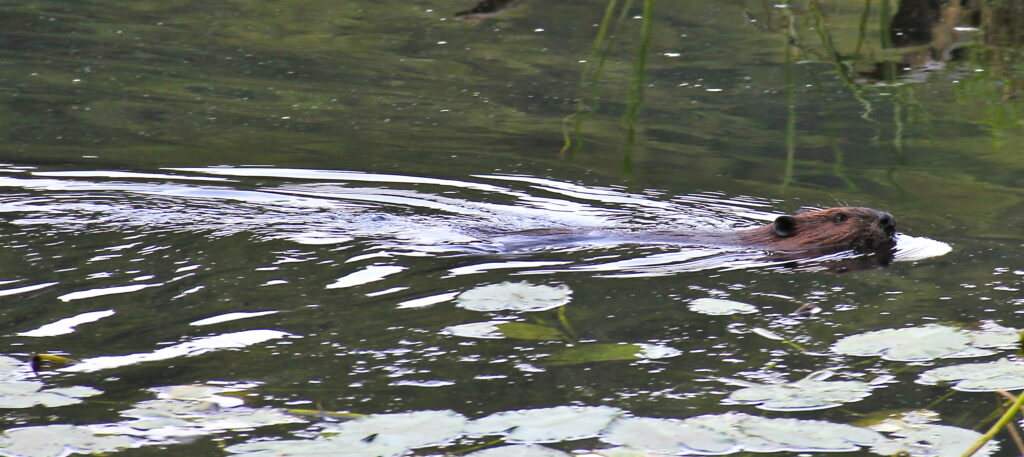
The fight to save Red Squirrel populations continues to rage across the North of England. Retired police constable and firearms instructor, Ian Glendinning, monitors 2,000 acres of farmland in Northumberland and employs a range of techniques to keep the Grey Squirrels in check. Monitoring Northumberland’s Coquetdale, he has employed CCTV and traps that alert him via text and email when a squirrel is detected. Using this monitoring system, Glendinning has removed around 300 Grey Squirrels which has had a noticeable impact on the Red Squirrel population, allowing their population to increase from a dozen to more than 100 over the past four years.
Policy and diplomacy
Countries are set to commit to a major phasing down of fossil fuels over the coming decades, COP28 hosts expect. The United Arab Emirates, which is hosting the UN climate change conference in Dubai, has expressed “cautious optimism” regarding the commitment. Until COP26 in Glasglow in 2021, fossil fuels were rarely mentioned in these global gatherings. Even there, the only commitment was to phase down coal. While the pledge will not mean stopping the use of fossil fuels completely, it could signal a shift towards real progress on tackling climate change.
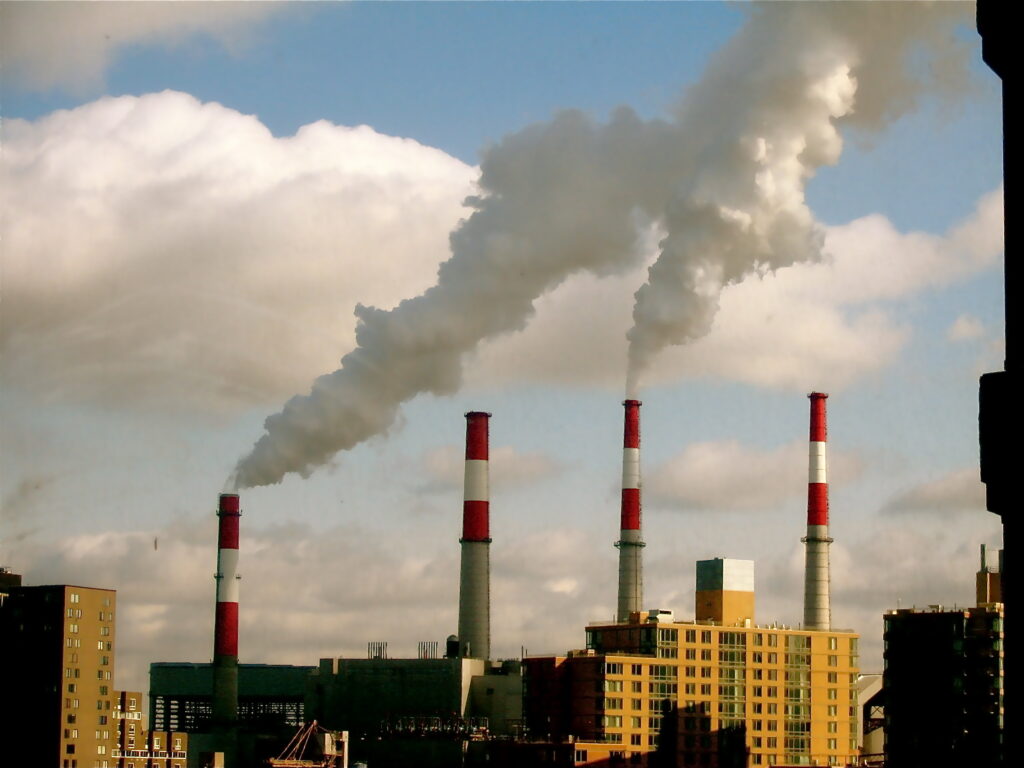
Carbon pricing could raise the money needed to tackle the climate crisis, the IMF has told COP28. The cash could be generated by putting a price on carbon emission and redirecting the trillions of dollars currently used to subsidise fossil fuels. Traditional carbon taxes have proven to be unpopular in a number of countries but Kristalina Georgieva, managing director of the IMF, has said that it would be possible to achieve similar outcomes by using a combination of regulation and reducing carbon subsidies. Studies have shown that developing countries will need more than $2 trillion a year to cut emissions and the IMF has calculated that direct and indirect subsidies for fossil fuels are in excess of more than $7 trillion.
Climate Crisis
Olive oil prices are surging due to droughts in Spain. Spain is the world’s biggest producer of olive oil, accounting for 70% of European Union consumption and 45% of global consumption. The standard assumption that one bad year for olive production would be followed by a good one is shifting in the face of rising temperatures due to climate change. Spain has seen multiple years of drought in a short time frame, and together with higher fuel, electricity and fertiliser costs, Spanish olive oil production has suffered as a result. The price of olive oil has skyrocketed in Spain with prices in the UK and Ireland set to experience a similar surge once costs feed through to the supply chain.
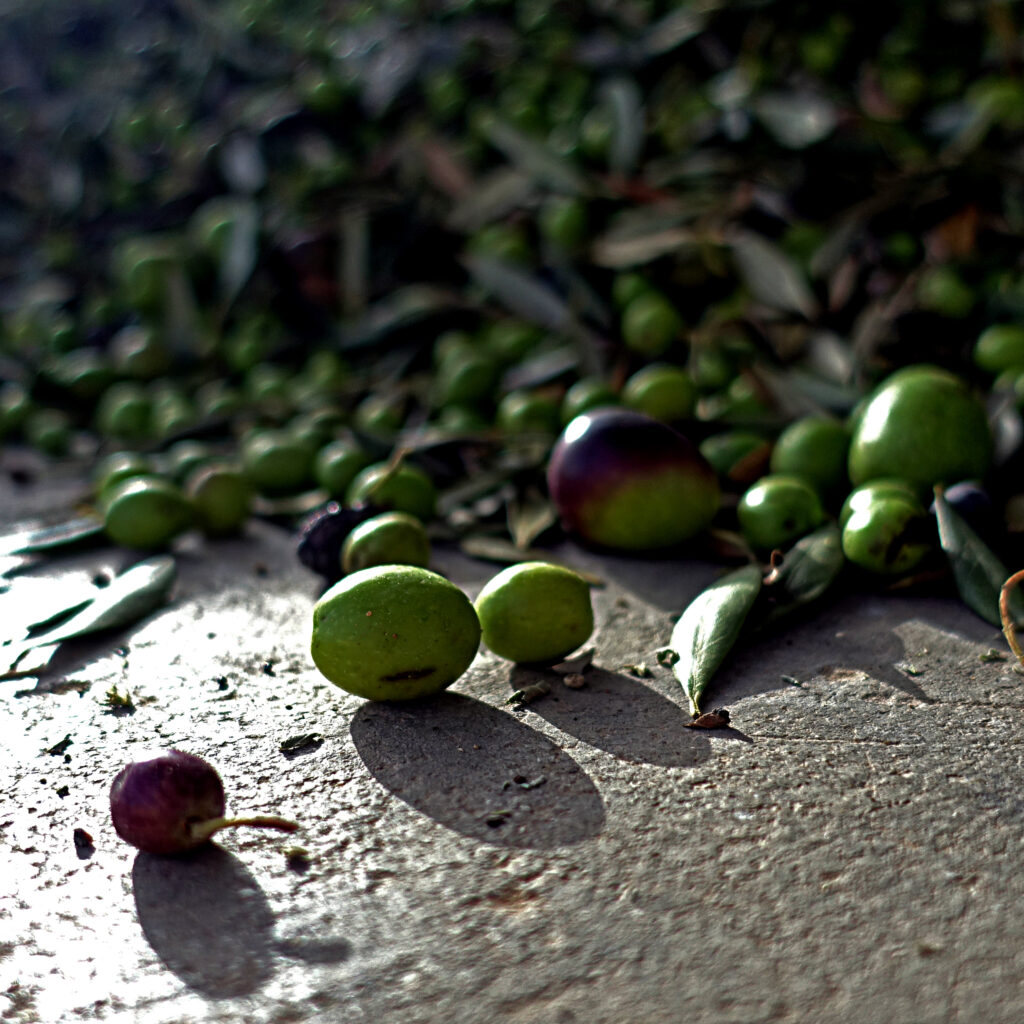
Methane could be released from the Deep Ocean due to climate change, scientists have warned. Scientists at Newcastle University have shown that frozen methane trapped under the ocean is vulnerable to melting and is consequently released into the oceans and the atmosphere. Methane is a potent greenhouse gas, and the published report in the journal Nature Geoscience warns that vast amounts of methane stored as marine methane under the ocean could be released into the atmosphere, with the potential for accelerating rises in atmospheric greenhouse gas concentrations.
Extinction
Plans to ‘de-extinct’ the dodo have been announced by geneticists. The audacious plan was announced by the US-based biotechnology company Colossal Biosciences which is researching methods to bring extinct species back from the dead. The company has entered a partnership with the Mauritian Wildlife Foundation (MWF) to find a suitable location for the reintroduction of the species. MWF approached Colossal Biosciences earlier this year about a partnership and has begun searching for the location that would pose the least threat to the survival of the dodo on the island. Colossal believes that the ‘de-extinction’ of the dodo would create ‘conservation optimism’; however, scientists have urged caution given how little is known about how the bird would interact with its environment. The full genome of the dodo has already been sequenced by Colossal. It hopes that it could then hybridise the dodo with closely related species like the extant Nicobar Pigeon, the bird’s closest living relative.
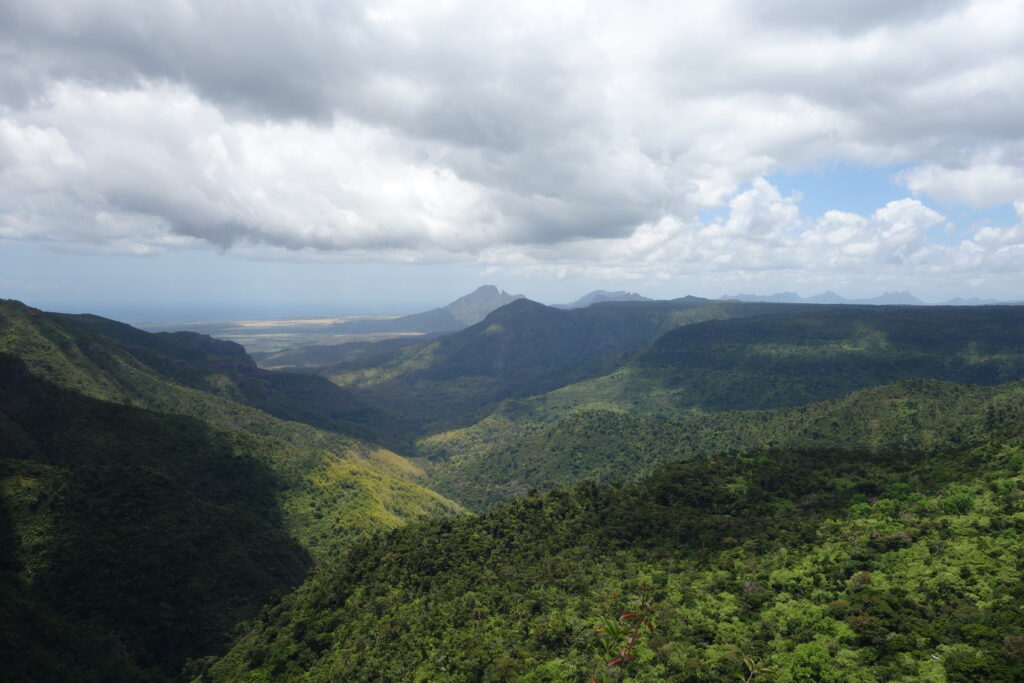
Science and research
Birds are being lured to their deaths by artificial lights in cities, according to researchers. Using weather radar data to map bird stopover density in the United States, scientists found that artificial light is a major indicator of where birds land. Light from cities lures birds into a trap where there is less suitable habitat, less food and an increased chance of collisions with buildings. Researchers suggest that more public awareness of bird migration habits and the impact of light pollution could help to alleviate the pressure on migratory bird populations. Forecasts can pinpoint the nights which are most important for reducing light pollution.
Read the last edition of Biodiversity News covering stories about nuclear fusion technology and the pollution of England’s freshwater ecosystems.

